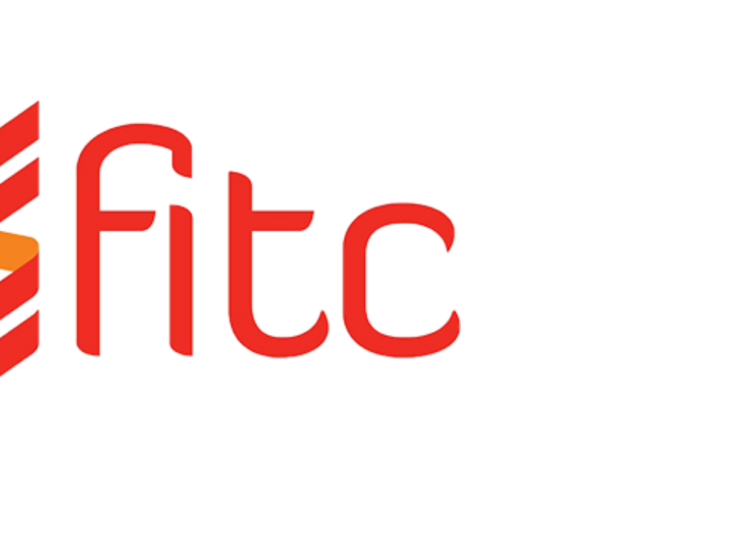A recent report by the Financial Institutions Training Centre (FITC) revealed that businesses in the country, especially commercial banks, lost N5.7 billion to fraud in the second quarter of this year, 2023.
FITC, a not-for-profit professional organisation, established to provide innovative knowledge solutions and capacity building programmes that develop and strengthen resources for the Nigerian financial services sector through advisory services, learning, research and advocacy has the Central Bank of Nigeria (CBN), Nigeria Deposit Insurance Corporation (NDIC) and all licensed banks in Nigeria as members. It claimed that the frauds were reported by 24 banks that filed returns on fraud cases for the period.
The data for the first quarter of 2023 indicated that mobile fraud, computer/web fraud, and POS-related frauds were the three most prevalent types of fraud. FITC further noted that the sum increased from N2.58 billion to N9.75 billion. Likewise, for the amount lost, there was a substantial increase of 1125.03 per cent from N472 million in Q1 2023 to N5.79 billion in Q2 2023.
The report further noted that the computer/web fraud category stood at N1.47 billion (15.10 percent). mobile fraud came next at N751 million (7.7 percent), and fraudulent withdrawals amounted to N663 million (6.79 percent). Similarly, the Nigeria Inter-Bank Settlement System (NIBBS) Annual Fraud Landscape reported that the banking industry lost a total of N14.3 billion to electronic fraud in 2022, up from the N12.7b reported in 2021. As at Q1 2023, the total fraud loss was N5 billion, total fraud count in 2021 was 123,918 and 101,668 in 2022.
The global adoption of e-payment platforms as preferred means of payment has contributed immensely to the upsurge of e-fraud occurrences in Nigeria. e-fraud are activities carried out online to exploit individuals and business entities for financial gain.
This newspaper recognizes the fact that as technology continues to advance at a presumably unprecedented pace, the reliance on digital transactions is expected to grow exponentially.
For instance, the data released by NIBSS, revealed that the value of electronic payment transactions in Nigeria increased by 298 per cent year-on- year from N34.04 trillion in Q1 2022 to N135.52 trillion in Q1 2023. Sadly, in our view, with the rise in digital interactions, payment systems designed to ease business transactions and enhance financial inclusivity is beginning to pose a significant challenge.
Worse, in our opinion, as technology evolves, there is a growing concern over the rising trend at which fraud is perpetrated on telecoms’ platforms across key sectors of the Nigerian economy. Examples of e-fraud include: Phishing; Advanced fee fraud (419); Online Auction Fraud; Identity Theft; Tech Support Scams; Online Romance Scam; Investment Scam; Business Email compromise; Ransomware; Online Rental Schemes; Pyramid Schemes; and Click Fraud.
Already, e-fraud has permeated multiple industries, spanning from banking and finance to e-commerce and beyond, with cyber criminals leveraging on advanced methods to exploit vulnerabilities, gaining unauthorised access to crucial data and funds.
We are compelled to point out that the repercussions of e-fraud are not limited to financial losses; they also extend to eroding trust and diminishing brand reputation, affecting individuals, businesses, and industries alike.
Considering the rise in the total amount involved in fraud cases and the amount lost, this newspaper, like the FITC, urges Nigerian banks to strengthen their security protocols and systems to prevent unauthorized access to customer accounts and sensitive information.
This, in our opinion, may involve incorporating measures such as multi-factor authentication, implementing strong encryption techniques, and also ensuring regular security updates. In addition to these, we urge banks to deploy and utilize advanced fraud detection systems and technologies that can analyze patterns, identify anomalies, and detect suspicious activities in real-time. These systems which employ Artificial intelligence (AI) and Machine Learning (ML) can help identify potential fraud incidents and trigger alerts for further investigation.
It is also important for these financial institutions to perform regular audits of internal systems, processes and controls so as to identify any vulnerabilities or weaknesses that could be exploited by fraudsters and bank staff.
Similarly, it is pertinent to suggest that since the mobile channel is the most exploited by fraudsters, the Nigerian Communications Commission (NCC) may consider strengthening its collaboration with critical stakeholders such as the apex bank, Nigeria Police (NPF), Economic and Financial Crimes Commission (EFCC) and the Independent Corrupt Practices and other Related Offences Commission (ICPC) in the fight against e-banking fraudsters.
Added to these measures is the importance of enlightenment and sensitization designed to educate Nigerians on the implied urgency of keeping their account details very secret. It is pertinent to also stress that fraud of whatever kind, like all criminalities, must be fought and defeated. It is a task not only for the security agencies but also the citizens and organisations who regularly fall prey to these sophisticated fraudsters.





